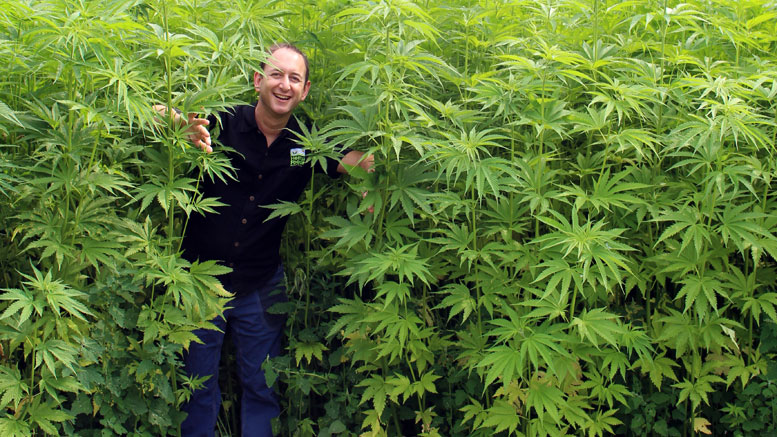Australian regulators are again looking at legalization of hemp-based foods, with proponents more hopeful than in the past because this time it’s the government pushing for another review.
“We’ve been in this situation before, but it’s a bit different this time,” Hemp Foods Australia CEO Paul Benhaim told HempToday, noting that previous efforts at legalization however were petition-led. Benhaim’s firm is Australia’s biggest in an overall national industry that has substantial seed contract business between producers and farmers already in place but with wholesalers forced to work the export markets while blocked from domestic sales.
The blockage
Despite Food Standards of Australia and New Zealand (FSANZ) having repeatedly OK’d an application to allow consumption of Australian grown hemp seed, Australian health ministers have continued to block progress over concerns about THC levels.
Meanwhile, advocates say freeing up the domestic markets for hemp-based foods and medicines such as CBD could result in quadrupling of what’s already a $13 million hemp market that’s based only on seed and straw production; most of that is from producers in New South Wales, Victoria, Queensland and Tasmania.
Along with the government’s backing this time, those pushing for hemp medicines are also bolstered by a recent state paper on the potential for medical cannabis in Queensland that touted clinical research on hemp’s health and medical benefits while noting Australia has proven experience growing for medicinal products. For example, Tasmania is licensed to grow poppies for pharmaceutical firms resulting in a $290 million poppy industry, the state report noted.
Possible boon for CBD
Domestic sales of CBD products in Australia would get a major boost if hemp is approved for medical applications. Currently there are CBD products on the market however the legal situation is unclear, noted Benhaim, who is also CEO of Boulder, Colo., USA-based CBD producer Elixinol.
Contributing to the holdup in both the food and medical subsectors is antiquated technology for roadside testing to identify impaired drivers. The current testers only show whether THC is present or not in a driver’s system without indicating levels. Because hemp contains miniscule amounts of THC, the tests don’t tell police to what level of impairment a driver might be.
“This is really antiquated technology that’s not used anywhere else in the world,” Benhaim noted.

